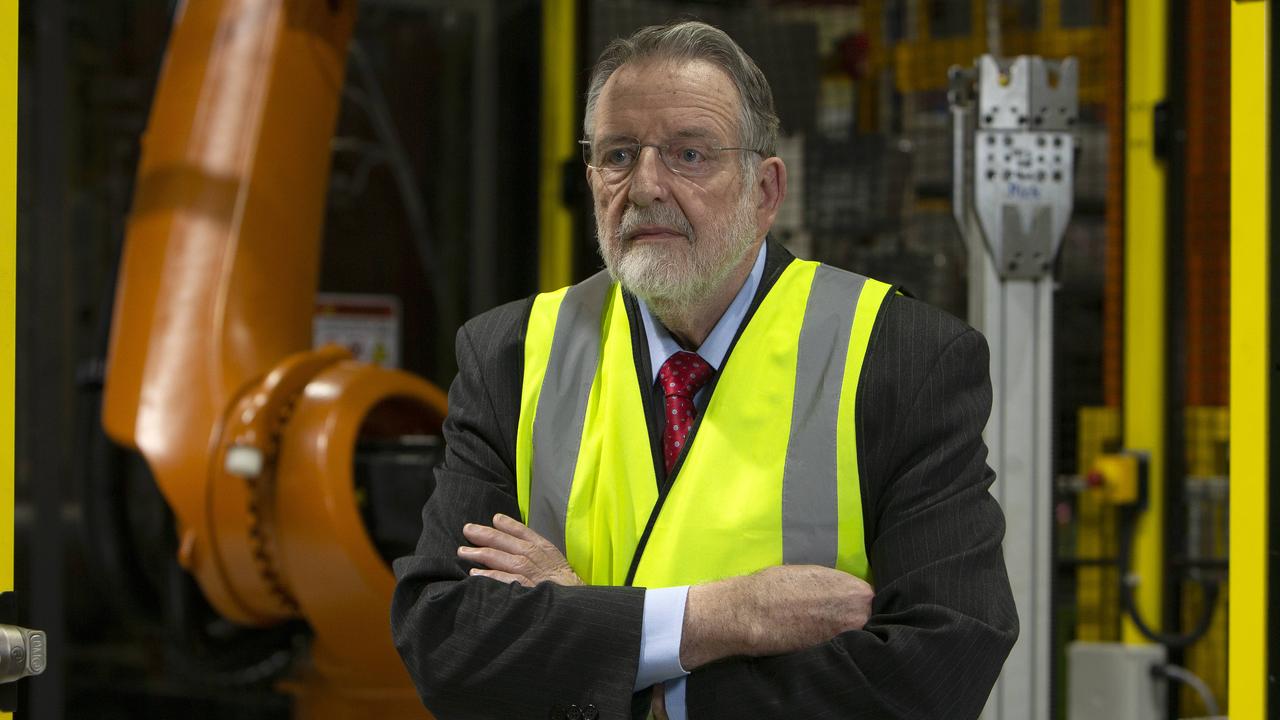Facebook your way to innovation, at speed
WHAT do Facebook founder Mark Zuckerberg and a 19th century steel pioneer have in common — and what can today’s South Australian businesses learn from them?
SA Business
Don't miss out on the headlines from SA Business. Followed categories will be added to My News.
WHAT do Facebook founder Mark Zuckerberg and a 19th century steel pioneer have in common — and what can today’s South Australian businesses learn from them?
The answer is: innovation.
Andrew Carnegie was a 19th century Scottish-American steel pioneer who built a multi-billion dollar fortune over a career spanning two continents and six decades (as an aside, he was also arguably the world’s greatest ever philanthropist).
Carnegie started early in building his fortune, investing in multiple companies in his twenties, before moving steadily through the wealth ranks over the rest of his career.
Mark Zuckerberg was similarly brilliant and precocious, demonstrating his entrepreneurial
bona fides in founding Facebook at the age of just 19 and then steering the company to success after success against all comers over the next decade and a half.
Both Zuckerberg and Carnegie were strong innovators, successfully reading the tea leaves in their respective industries to stay ahead of the curve and drive their companies to dominant market positions.
There was, however, one key difference between the rise of 19th century Carnegie and 21st
century Zuckerberg: speed.
Zuckerberg was offered $1 billion for Facebook just three years after it was founded, while investments in the following year valued the company at $15 billion and 23-year-old Zuckerberg at over $3 billion (his net worth today as a 34-year-old is just shy of $70 billion).
Carnegie, on the other hand, had to toil much, much longer to reach the (inflation adjusted) status of billionaire, ultimately selling his company Carnegie Steel for $480 million (about $14 billion is today’s dollars) at the age of 65.
The contrast in the ascents of these two men highlights two key elements in today’s world which argue strongly for the innovation imperative: the speed of change and the reality of a single global market.
1. An era of rapid and radical innovation: where true innovation and change once required
huge teams and deep pockets, in much of today’s world we now see an interesting paradox:
the innovation advantage typically lies with the small.
To illustrate this, consider the once dominant Encyclopaedia Britannica: despite its 200-plus year history, iron-grip on the market and strong incumbency, it was ultimately brought down by a few people in a room with the vision and drive to combine the power of the internet with the collective knowledge of the masses in delivering us Wikipedia.
Their key advantage over the team at Encyclopaedia Britannica was the freedom to innovate completely unencumbered by any legacy systems, products or processes.
2. We are in a truly global market: Facebook’s rise has not been built on local or regional success, but true global domination. In fact, today’s competitive threats are global. ‘What’s more, international corporate expansion seldom require the slow and expensive rollouts of yesteryear, with players in many industries able to use technology to move into new markets quickly, easily and at low cost. Once organisations accept that the innovation imperative is real, they can take steps to build innovation into their workplace cultures.
Jeremy Glaros is executive director of Executive Education at the University of Adelaide.


